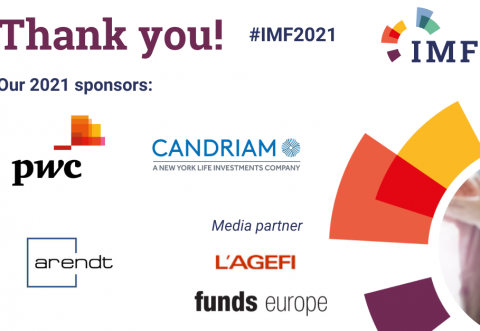EFAMA strongly supports the Commission's draft proposal amending the ELTIF Regulation where it addresses some of the major obstacles that have undermined the attractiveness of the ELTIF product since inception. The revised legal framework has the potential to transform ELTIF into a product of choice for a larger (retail) investor audience, all while serving the purposes of the Capital Markets Union (CMU). However, some important adjustments remain to be made for the ELTIF regime to reach its full potential as a competitive long-term investment option.
EU Fund regulation
The EU fund product landscape is deep, diverse and dynamic. Since the birth of the UCITS framework in 1985, European institutions have progressively refined it into a global “gold standard”, one that successfully balances strict regulatory requirements with the flexibility required by manager to meet evolving client demands. The successful evolution of UCITS was followed by the creation of alternative investment funds (AIFs) under the 2011 AIFM Directive, adding a second important pillar to EU fund/manager regulation. Building on this second pillar are further ambitious EU fund products, such as EUSEFs, EUVECAs and ELTIFs. EFAMA has helped guide all of these key regulatory developments, informing policymakers and regulators on their main merits and drawbacks, while also keeping a close eye on their respective review initiatives.
EFAMA strongly supports a fundamental review to the ELTIF regime, in view of broadening its eligible investment universe and adapting it to better meet retail investor needs. We are also closely monitoring the review of the AIFM Directive from a product regulation standpoint, including possible spillover effects on the UCITS Directive requirements. Further work involves keeping pace with relevant ESMA initiatives, such as the work around the Common Supervisory Action on costs and fees for UCITS.
ELTIF review - What is needed to make ELTIF 2.0 successful?
The revised ELTIF – a long-term opportunity for European investors
EFAMA firmly supports the European Commission’s proposal to revise the European Long-Term Investment Fund (ELTIF) Regulation. The revised framework has the potential to transform ELTIF into a product of choice for European investors and to become a cornerstone of the Capital Markets Union.
FSB consultation on policy proposals to enhance Money Market Funds' resilience
While cognisant of the FSB’s strict timelines in view of upcoming G20 summits, these should not come at the expense of a necessary and more informed debate on the causes at the root of last year’s stresses in global short-term funding markets (STFMs) and on ways to remedy these in the future. In fact, the options presented in the consultation report appear hurried and dismissive of critical facts, calling therefore for a deeper engagement with the global financial and investing community at large.
The revised ELTIF – a long-term opportunity for European investors
EFAMA firmly supports the European Commission’s proposal to revise the European Long-Term Investment Fund (ELTIF) Regulation. The revised framework has the potential to transform ELTIF into a product of choice for European investors and to become a cornerstone of the Capital Markets Union.
Thank you to the Investment Management Forum sponsors | Register now!
Register now for our Investment Management Forum next week! High-calibre panels and keynote speakers promise rich, informative and thought-provoking exchanges between European policymakers, investment managers and regulators on
- the Competitiveness of our industry
- the EU retail investment strategy
- the latest in global standards for sustainability reporting
- challenges and opportunities of alternative investment regulations
- the impact of digitalisation on asset management
- and more...
Fund managers retain only 41% of the total cost paid by retail investors | Market Insights | Issue #6
EFAMA has released its latest Market Insights report titled “Perspective on the costs of UCITS”. The full report breaks down the costs of UCITS, focusing on the fees charged for the different services provided along the investment fund value chain and distinguishing between the product cost for which fund managers are directly responsible, and the






























